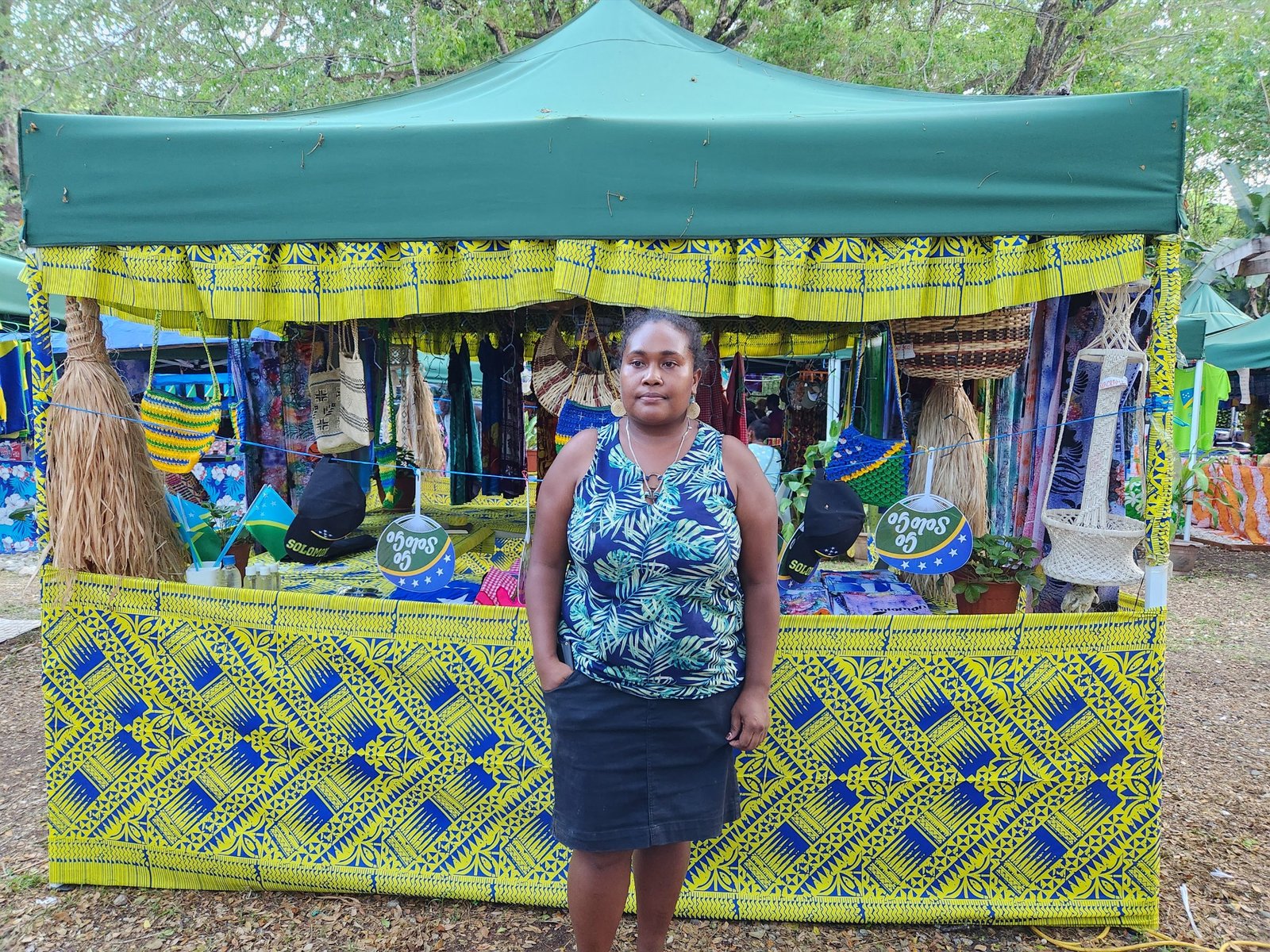
A Tale of Artistic Talent and Financial Struggle: SINU’s Panatina village
Amidst the vibrant displays of arts, crafts, and culinary delights at the Solomon Islands National University’s Panatina village, a contrasting narrative unfolds: that of women entrepreneurs grappling with the financial implications of their participation.
Despite their dedication and talent, these vendors face a disheartening decline in sales due to decreasing customer traffic and a lack of engaging activities.
Salome Ronia, an artisan specialising in handcrafted goods from Are’are in Malaita province, and Jenny Ilisia, a food vendor from North Malaita, both associated members of the Solomon Islands Women in Business Association (SIWIBA), shared their insights into the challenges they face.
Both women highlighted the disparity between the registration fees they paid, ranging from $2000 to $10,000, and the insufficient income generated from sales. “On average, we collect around $100 to $300 per day, making it difficult to recoup our initial investment,” Salome explained.
The lack of engaging activities, such as live entertainment, was identified as a key factor contributing to low sales. Jenny expressed disappointment at the absence of events that would draw visitors and stimulate customer interest.
In response to their concerns, the vice chancellor of the Solomon Islands National University, Dr. Transform Aqorau, clarified that the Games Organising Committee had advised against live band performances.
Regarding stall fees, he explained that the charges were advertised and that only those who paid should have constructed stalls. An investigation was initiated to address the inconsistency in the number of stalls and the actual number of payments received.
The situation at Panatina Village highlights the need for effective support mechanisms and strategic planning to ensure that women entrepreneurs can participate meaningfully and achieve fair economic outcomes at such events. Strategies to enhance entertainment, facilitate engaging events, and reconsider stall fees could play a significant role in addressing the challenges faced by these vendors.
Ends///
By Lynton A. Filia
